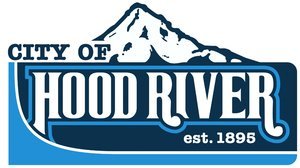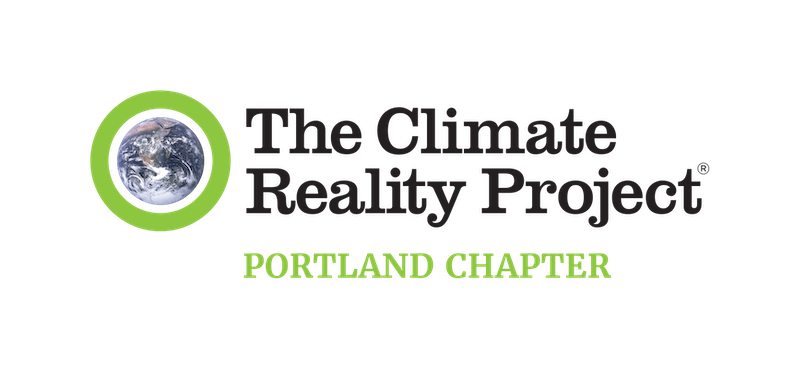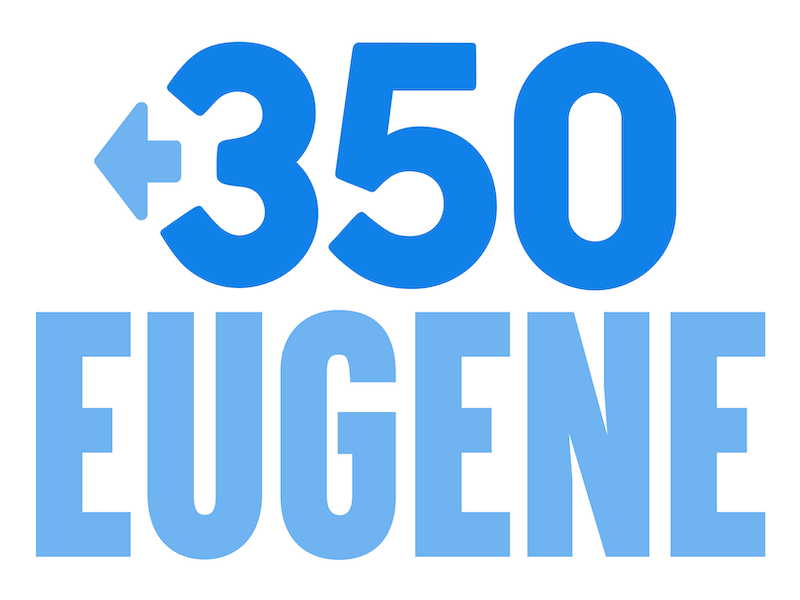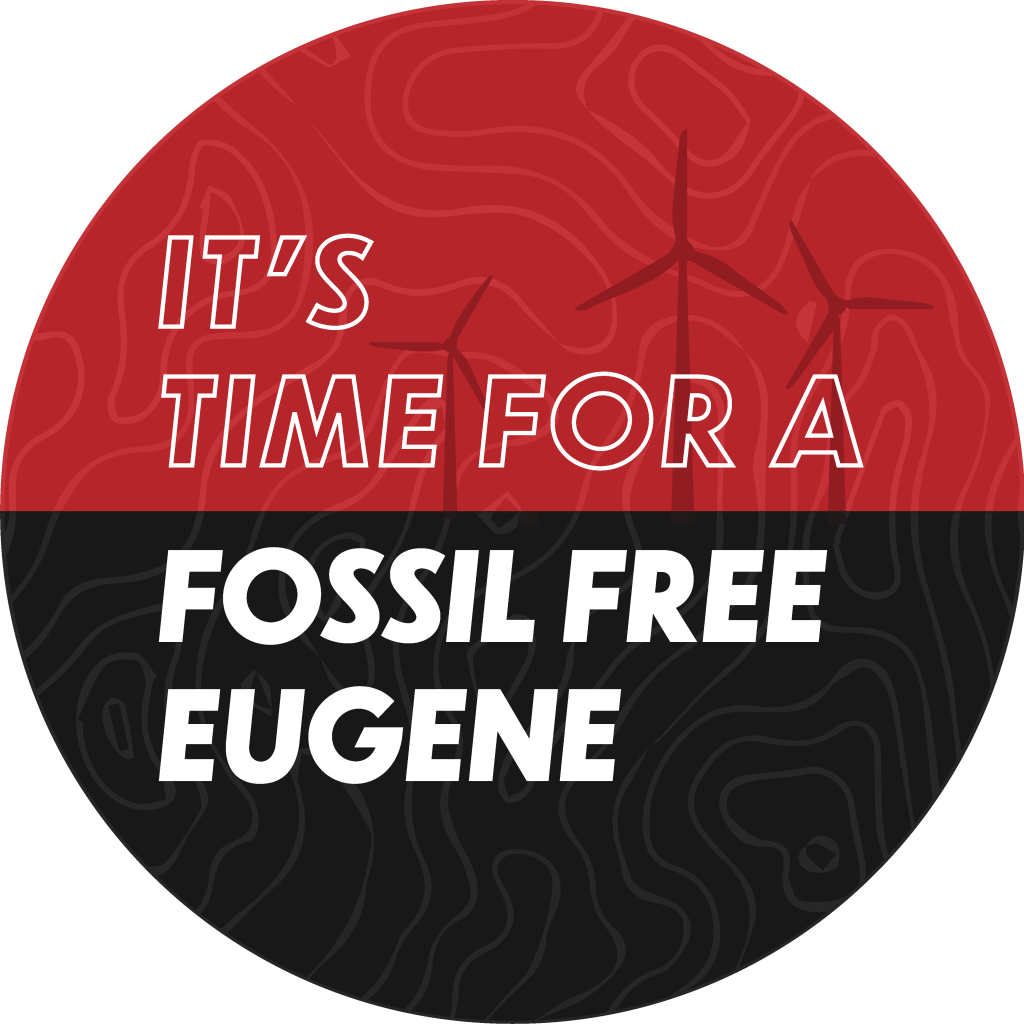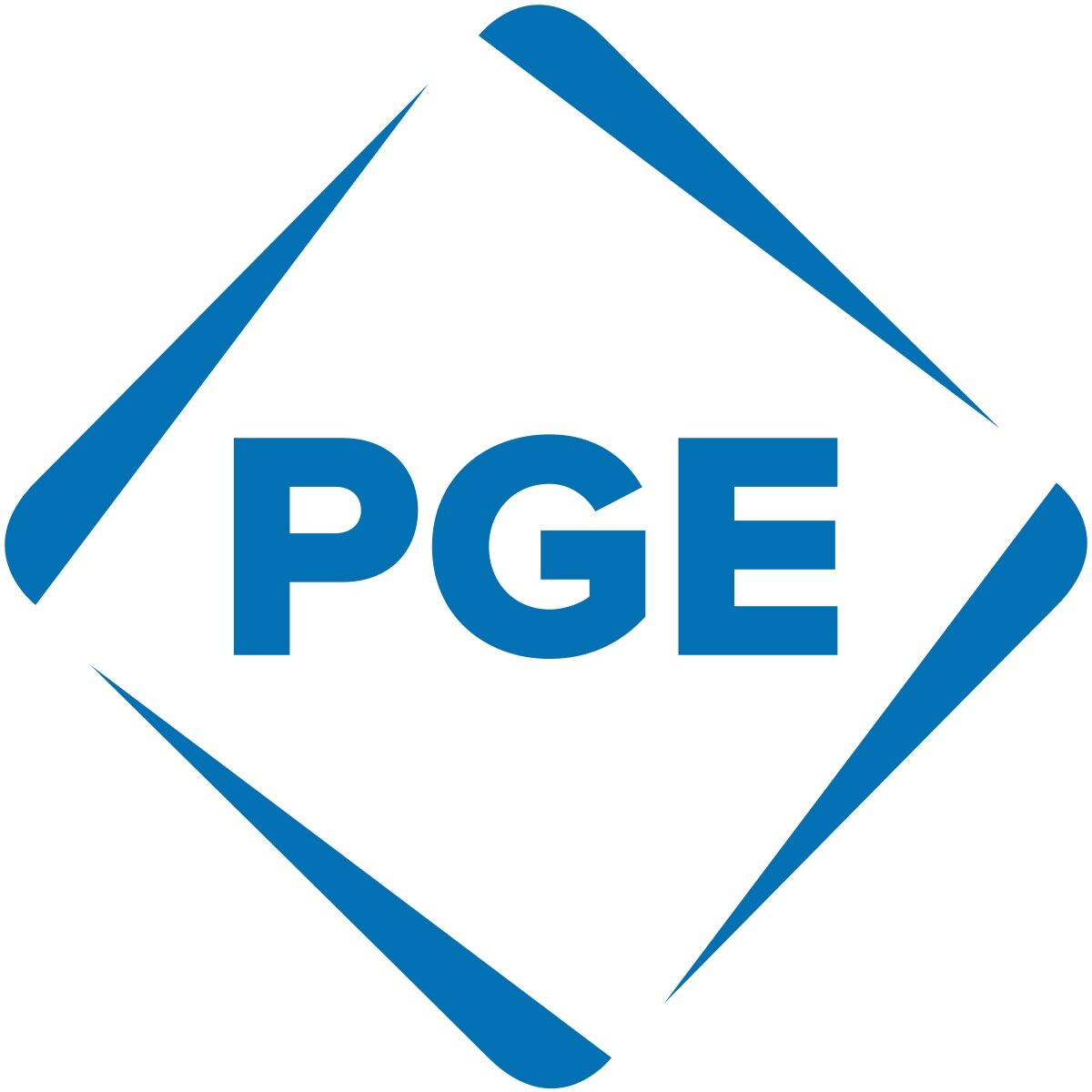ZERO Coalition Membership
As a coalition of organizations working with a wide array of constituents and stakeholders, we recognize the benefit of collaboration to create a greater impact on building energy performance and affordability. We’re currently looking for new member organizations to help us accomplish our goals so read on to learn all about membership! When you’re ready, download our membership packet, fill out the last page, and email it to info@zerocoalitionoregon.org to see if you qualify for membership!
ZERO Coalition Full Members
ZERO Coalition Associate Members
ZERO Coalition Community Partners
ZERO Coalition Affiliate Members
Why Become a Member?
Here are some ways that becoming a member of the Coalition could benefit you and your organization:
Broaden your organization’s reach on policy issues around climate and the built environment at the state and local level
Leverage your expertise by contributing input on progressive building policies
Gain insights and guidance on the Oregon residential and commercial energy codes processes, including opportunities to advocate for change as a coalition
Participate with a group of buildings and policy experts to work on collective solutions
Access a platform to advocate for the decarbonization of buildings with a greater reach and effectiveness than individual member organizations
Participate in free in-person events and quarterly all-member meetings with expert presenters
Help shape ZERO’s priorities
Network with architects, engineers, builders, policymakers, and nonprofits that all have similar goals to advance sustainability in the built environment
Access to the members-only newsletter with events, training opportunities, tools, and info specifically focused on decarbonization in the built environment
Types of Membership
Full Members work to create the conditions for every newly constructed or significantly renovated home or building in Oregon to be built to zero energy or zero energy ready standards. Full Members may participate in limited advocacy on behalf of the Coalition. Full members participate in committees and volunteer their time. They are automatically opted-in for our advocacy efforts but may choose to opt-out on specific initiatives. The time commitment is usually one or two-hour-long committee meetings per month and a one-hour quarterly all-member meeting.
Associate Members support coalition objectives by providing information and attending meetings but are deemed exempt from engaging in advocacy. Any funding, in-kind contributions, and/or use of organizational branding and logos that Associate Members provide to the coalition will therefore not be used to support any advocacy that might be conducted on behalf of the coalition. Associate ZERO members participate in committees and volunteer their time. They are automatically opted-out of our advocacy efforts but may choose to opt-in on specific initiatives. The time commitment is usually one or two-hour-long committee meetings per month and a one-hour quarterly all-member meeting.
Affiliate Members support coalition objectives with an annual dues payment and can provide input on coalition objectives but will not have voting abilities. Affiliate ZERO members are usually larger organizations that are working in the general energy industry space and have an outsized impact on Oregon’s carbon emissions profile. They are automatically opted-out of our advocacy efforts but may choose to opt-in on specific initiatives. The time commitment is a one-hour quarterly all-member meeting.
Community Partners support Coalition objectives by providing their names and logos as evidence of their buy-in to our goals and our work. Community Partners are not required to pay dues or volunteer but they may volunteer if they wish. Community Partners do not have voting abilities.
Other Support
Business Sponsors Our sponsors are organizations that want to show their support for ZERO’s goals but do not have staff available to dedicate to committee participation. Sponsors are not asked for input on key strategic issues. Sponsors will have priority placement on coalition event promotions and may choose a general sponsorship or a specific event sponsorship.
Event Sponsors These sponsors are heavily promoted for individual events on social media, the website, the Eventbrite, and at the event itself.
ZERO’s Committee Structure
ZERO is organized into a structure of six committees that have specific focus areas. Each committee is responsible for developing planned actions and implementing those actions in concert with the other members of the Coalition. ZERO has a Justice, Equity, Diversity, and Inclusion (JEDI) Team to help guide our development and initiatives. Members can also participate in coalition work through subcommittees or task forces to get involved in specific projects.
Governance & Steering Committee: This committee, with input from other coalition members, is responsible for making decisions on behalf of the Coalition to approve new members, procure and allocate financial resources, and develop the overall strategic direction of the Coalition.
Communications Committee: This committee develops and implements our communications strategy and all communications resources. This includes the website, external communications (press releases, letters to the editor, etc.), events, trainings, fact sheets, social media, the newsletter and blog, and other tools like our communications toolkit.
Policy Committee: This committee works to identify and remove barriers to zero energy construction and decarbonization of the built environment. A key area of focus is on influencing energy code adoption. This includes improving the makeup and knowledge of state codes board members (Building Codes Structures Board, Residential Structures Board, Construction Energy Industry Board, etc.), providing technical information to key public sector decision-makers, and coordinating with key constituents (e.g. Governor’s staff, ODOE, OGWC, local governments) to promote the Coalition’s agenda.
Justice, Equity, Diversity, and Inclusion (JEDI) Team: The JEDI Team focuses on making sure the Coalition’s goals and actions benefit all Oregonians and include initiatives that focus on the cost-effectiveness of retrofitting existing buildings, cost-effective zero energy new construction, partnering with and being allies with Black, Indigenous, and People of Color (BIPOC) communities and prioritizing our need to continue training to understand and counteract our biases. The JEDI Team and the Communications Committee work together to host our annual JEDI Training for the Sustainable Building Industry during Sustainable Building Week in October.
Technical Committee: This committee focuses on identifying what tools or resources ZERO can create to help close the gaps for designers and builders to decarbonize the built environment in Oregon. Check out the 7 Steps to Cost Effective Zero Energy guide they created to help architects and designers find ways to build more efficiently and affordably.
Advocacy Committee: This committee identifies opportunities for our members to engage in advocacy opportunities and supports them to make impactful testimony. Whether you want to submit written testimony or give oral testimony on local or state decision-making and legislation, write op-eds, meet with legislators, or speak to the media, the Advocacy Committee will be ready to help you navigate the process smoothly and easily.
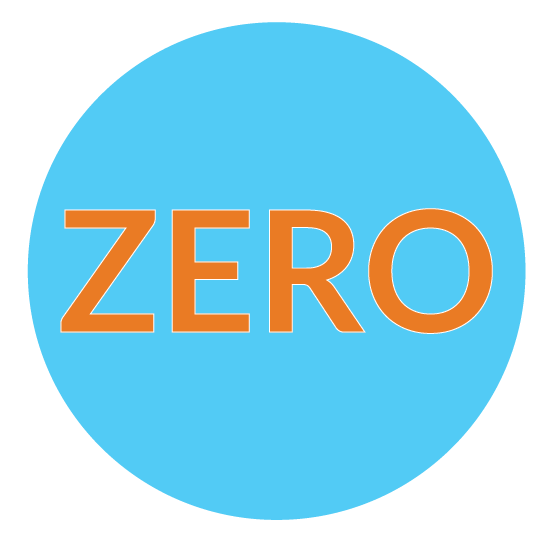

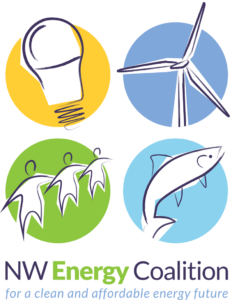

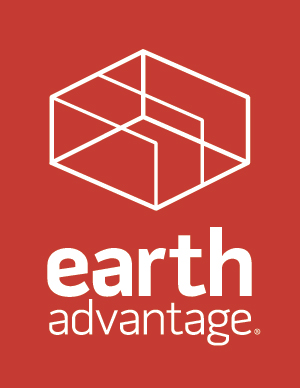
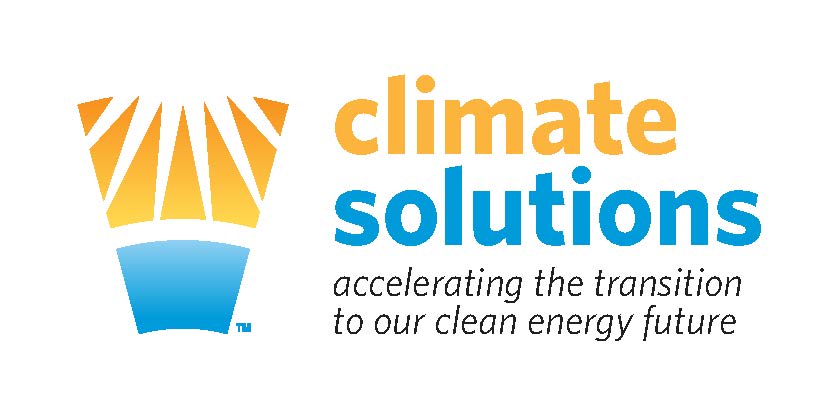
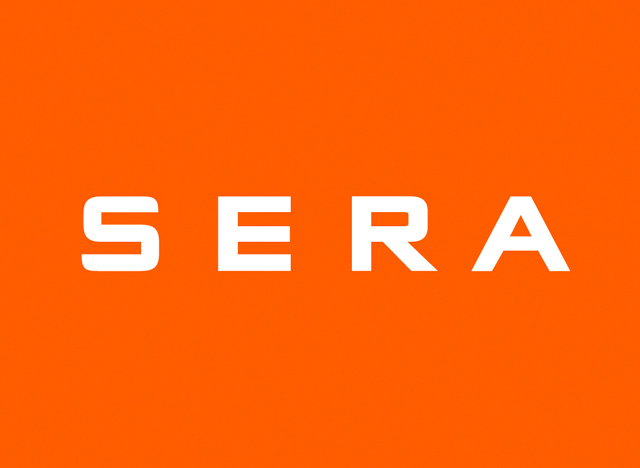

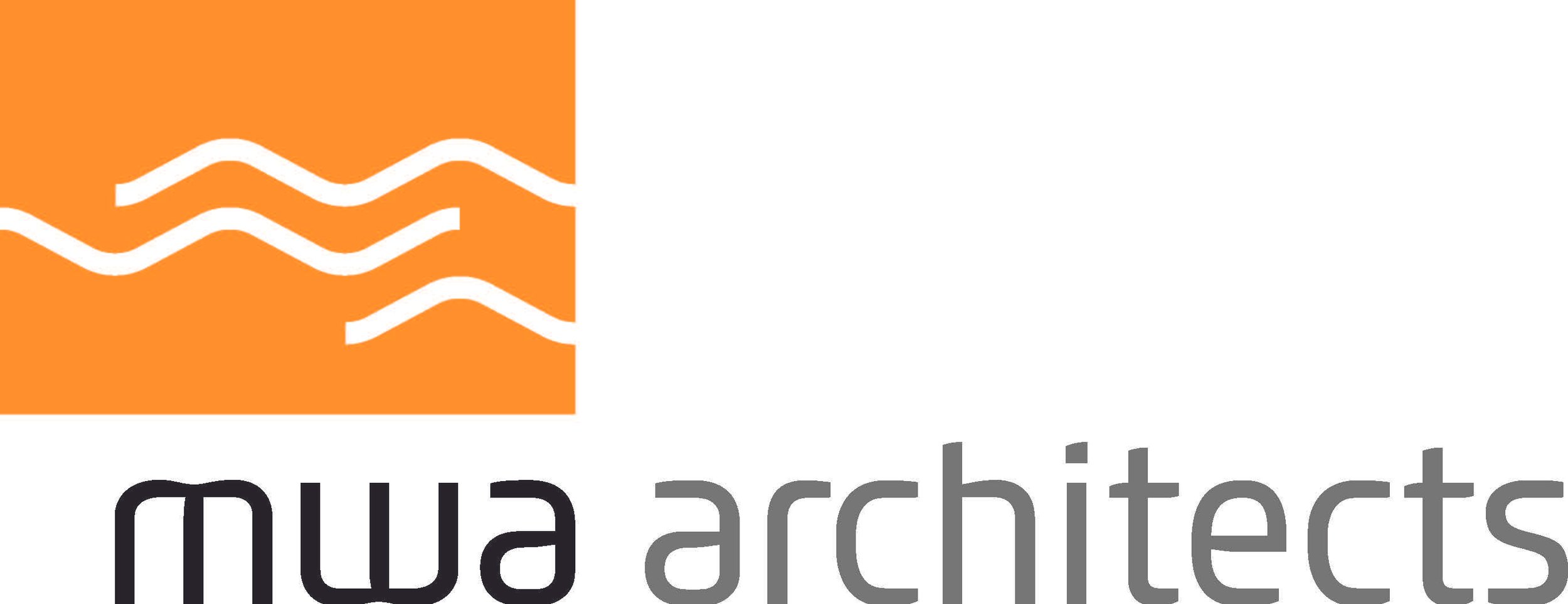

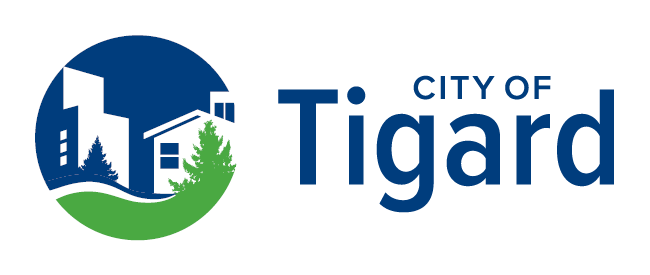
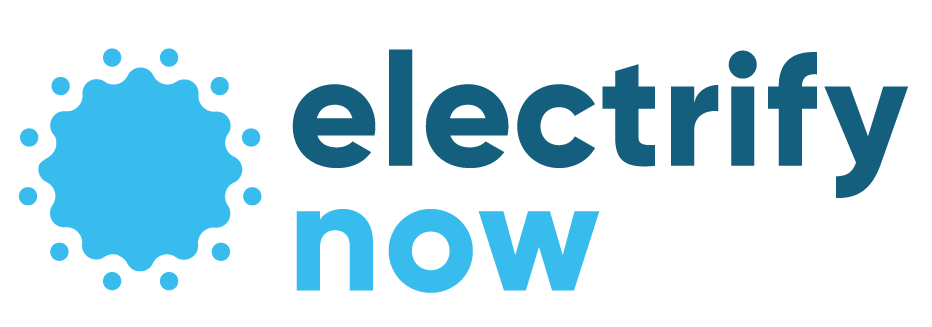



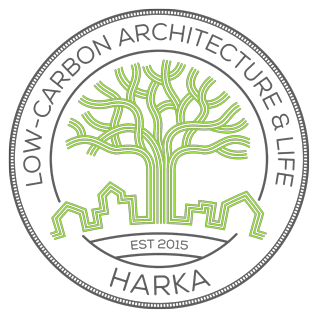

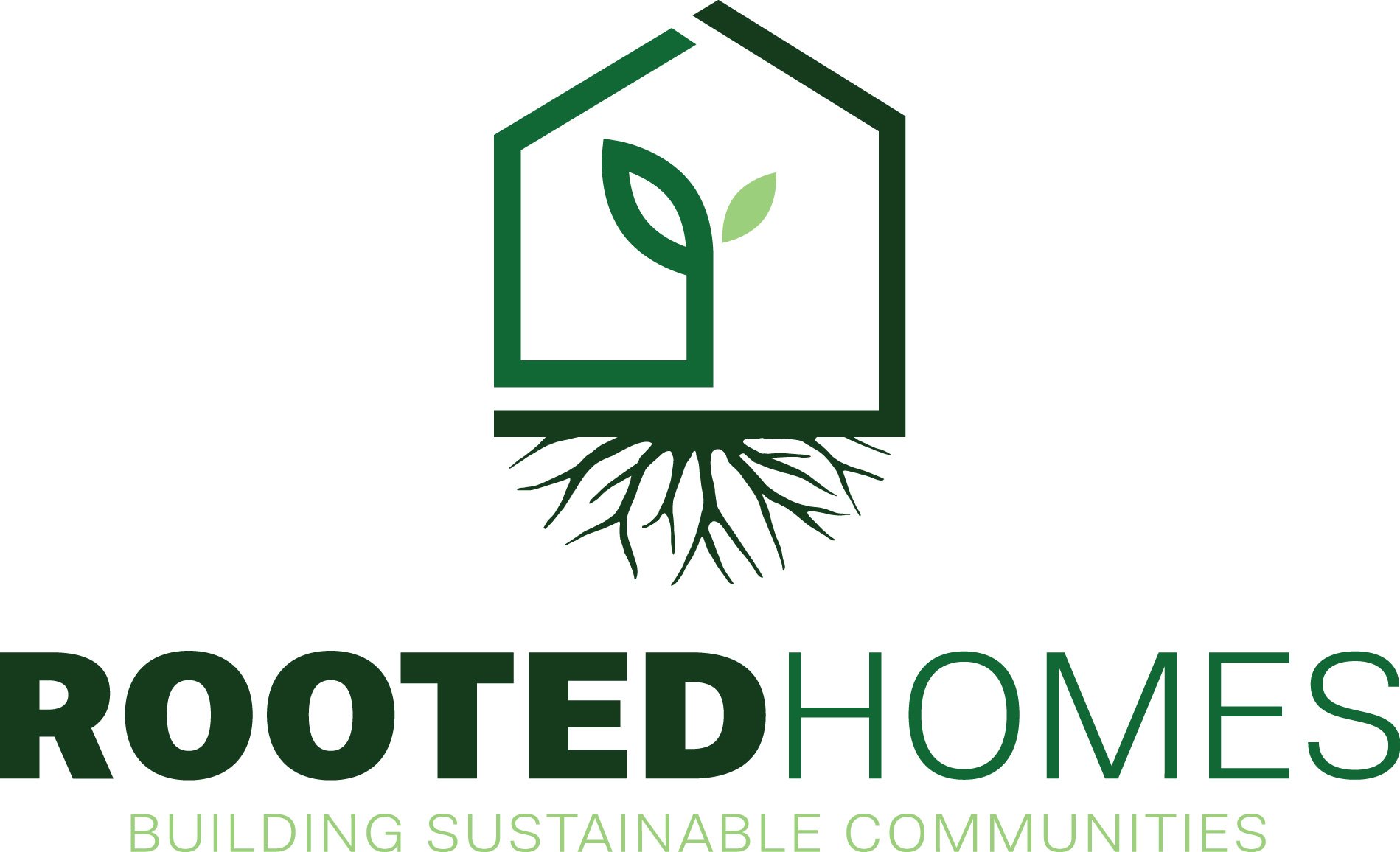
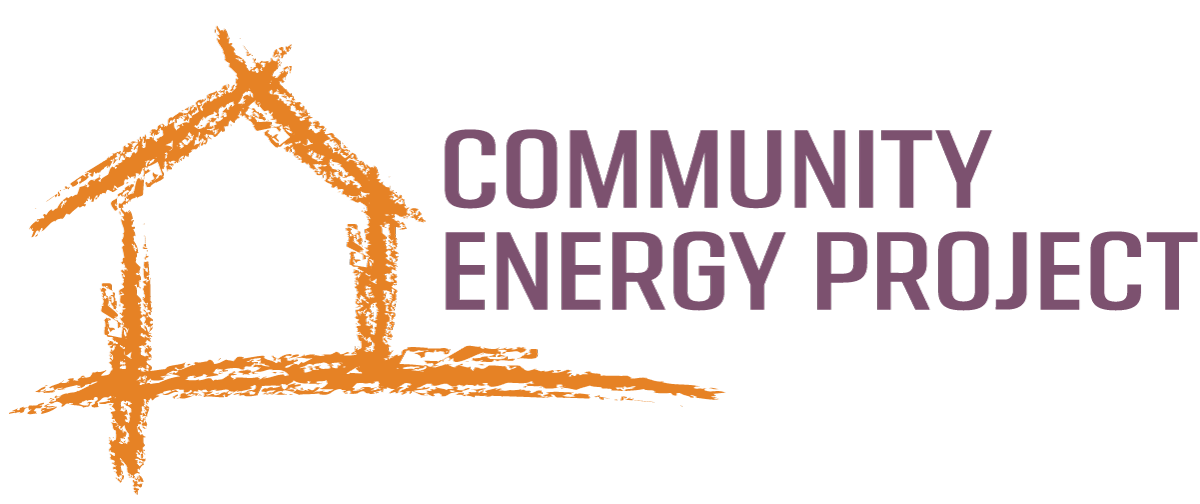

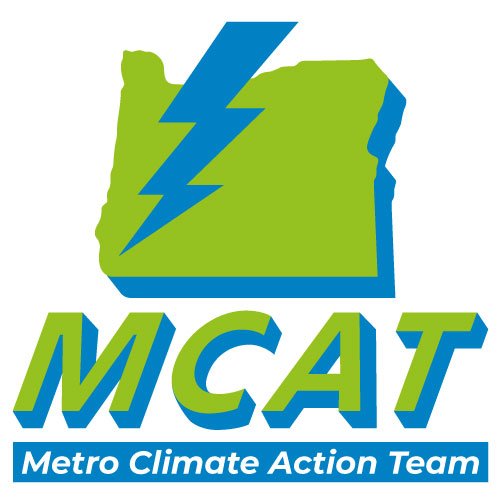
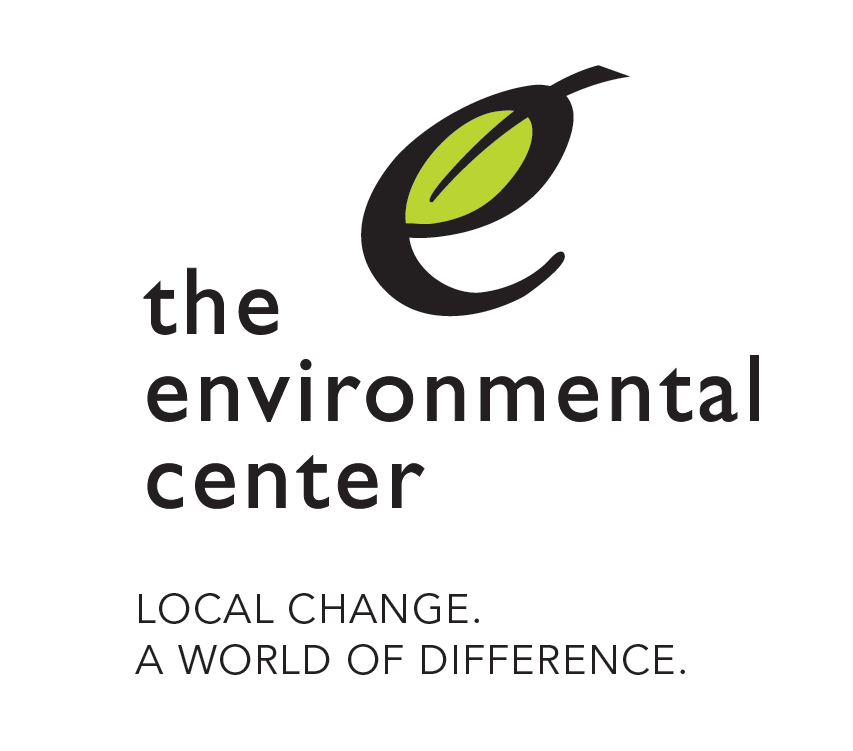
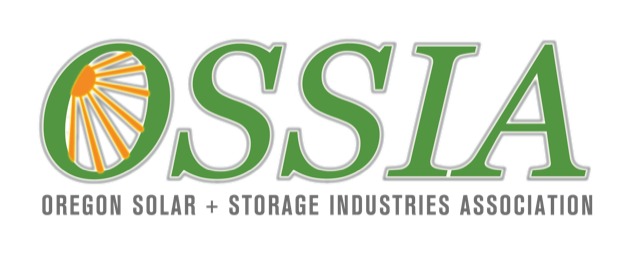
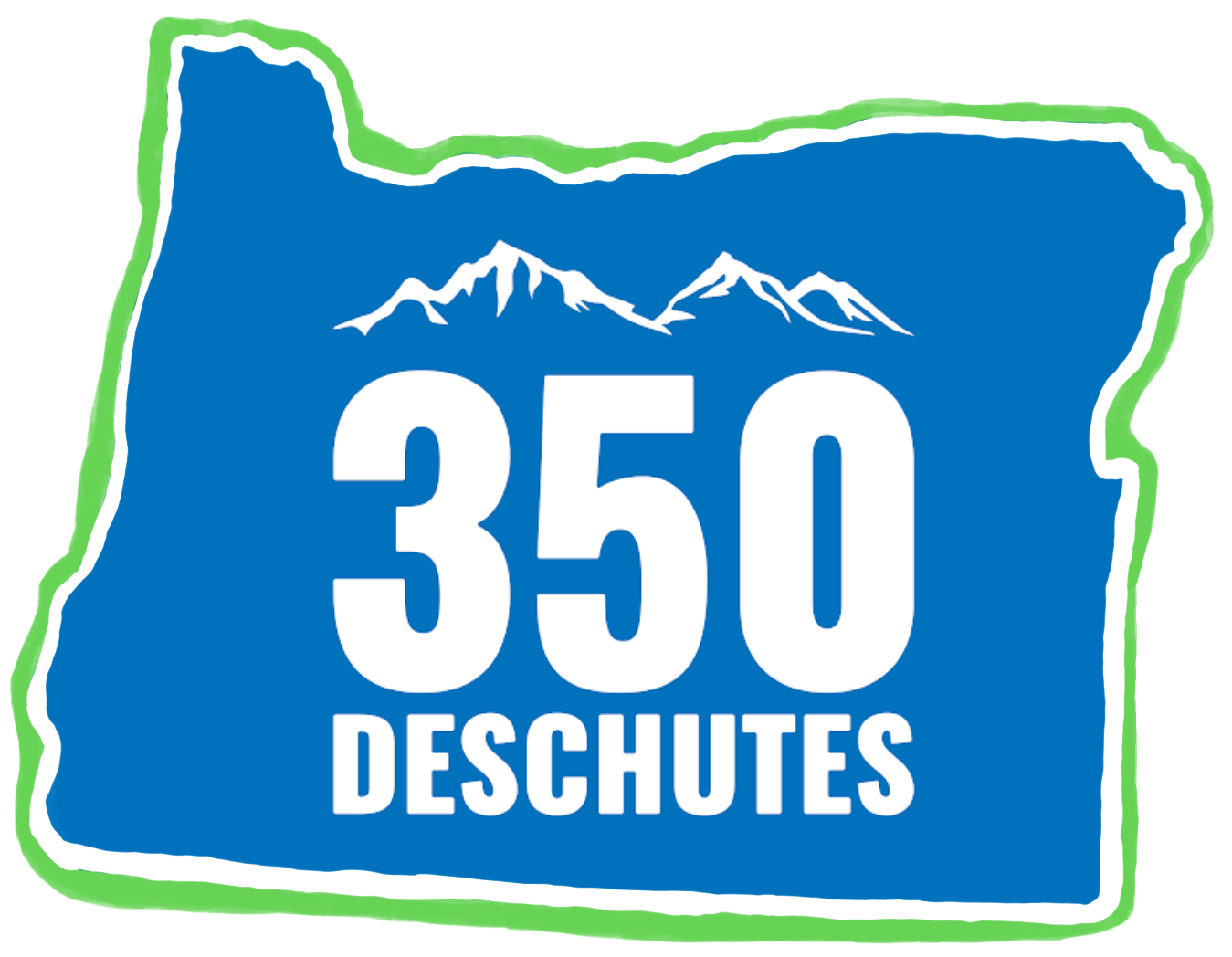
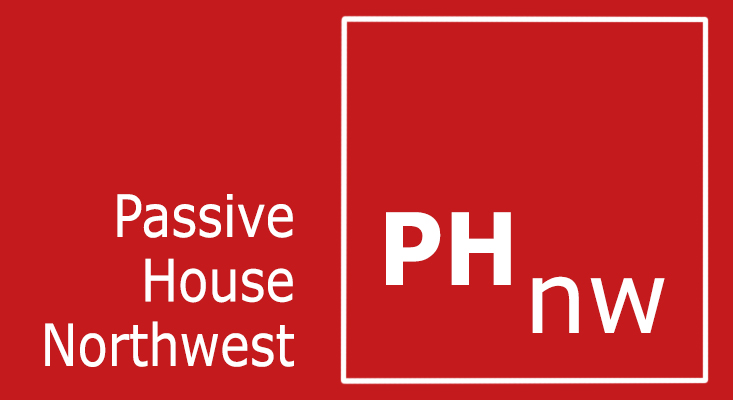




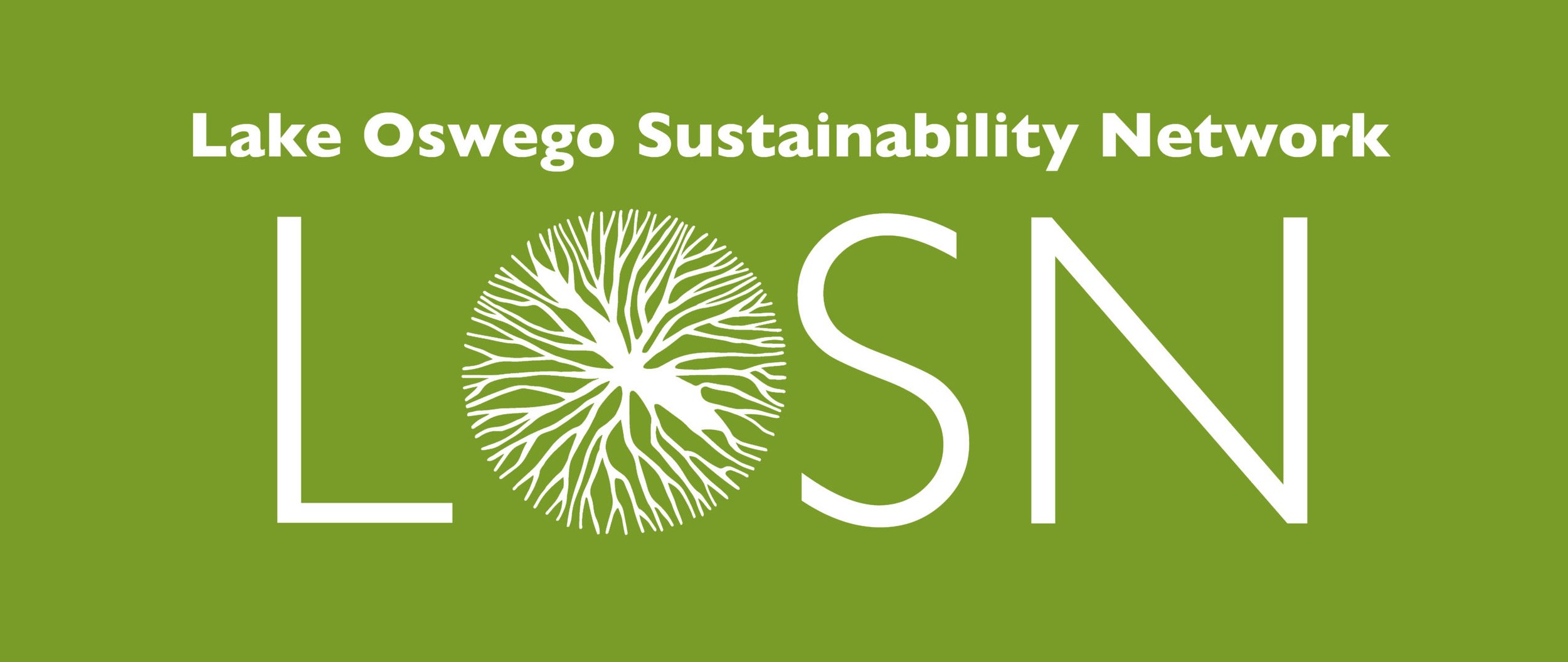





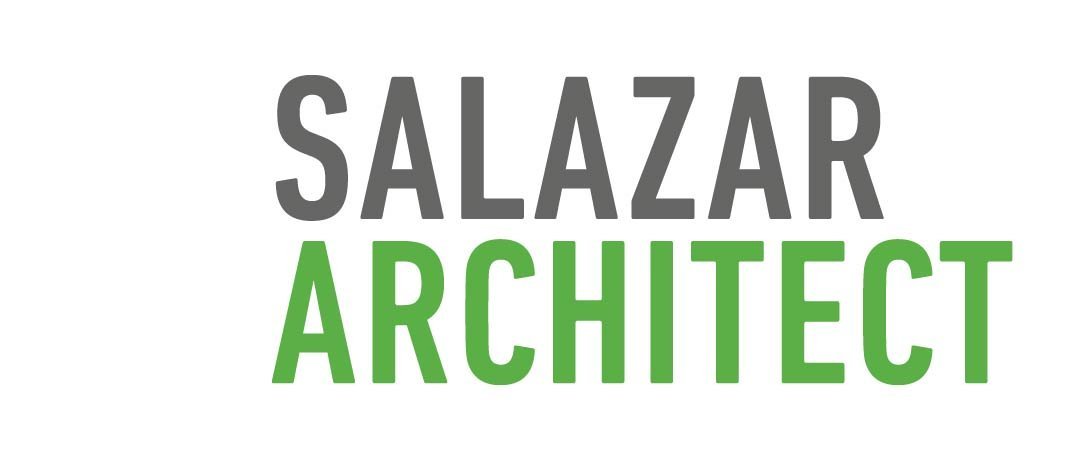
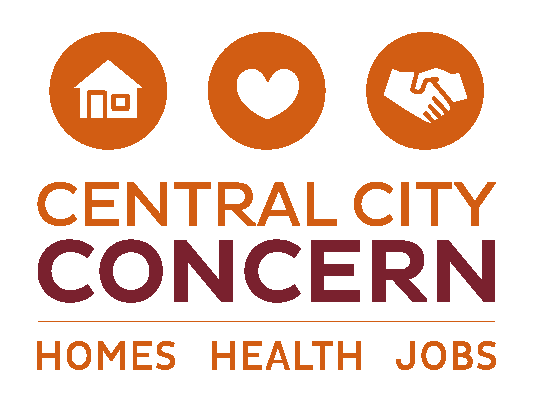

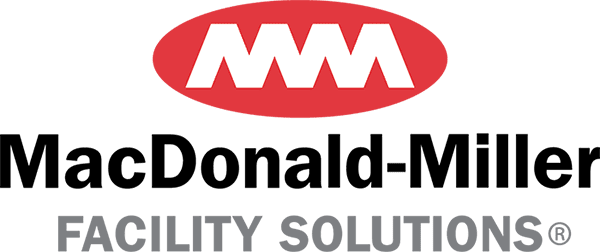
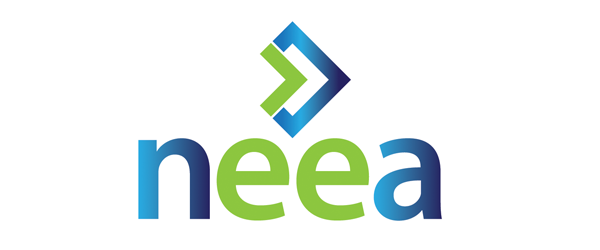



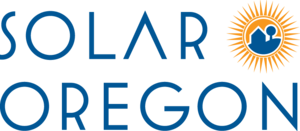

![City+of+Ashland+logo+2+[Converted].png](https://images.squarespace-cdn.com/content/v1/5b030f0fb105984c3524fa62/1683747424009-M64X7YJHKTKUM7KSYDBX/City%2Bof%2BAshland%2Blogo%2B2%2B%5BConverted%5D.png)

